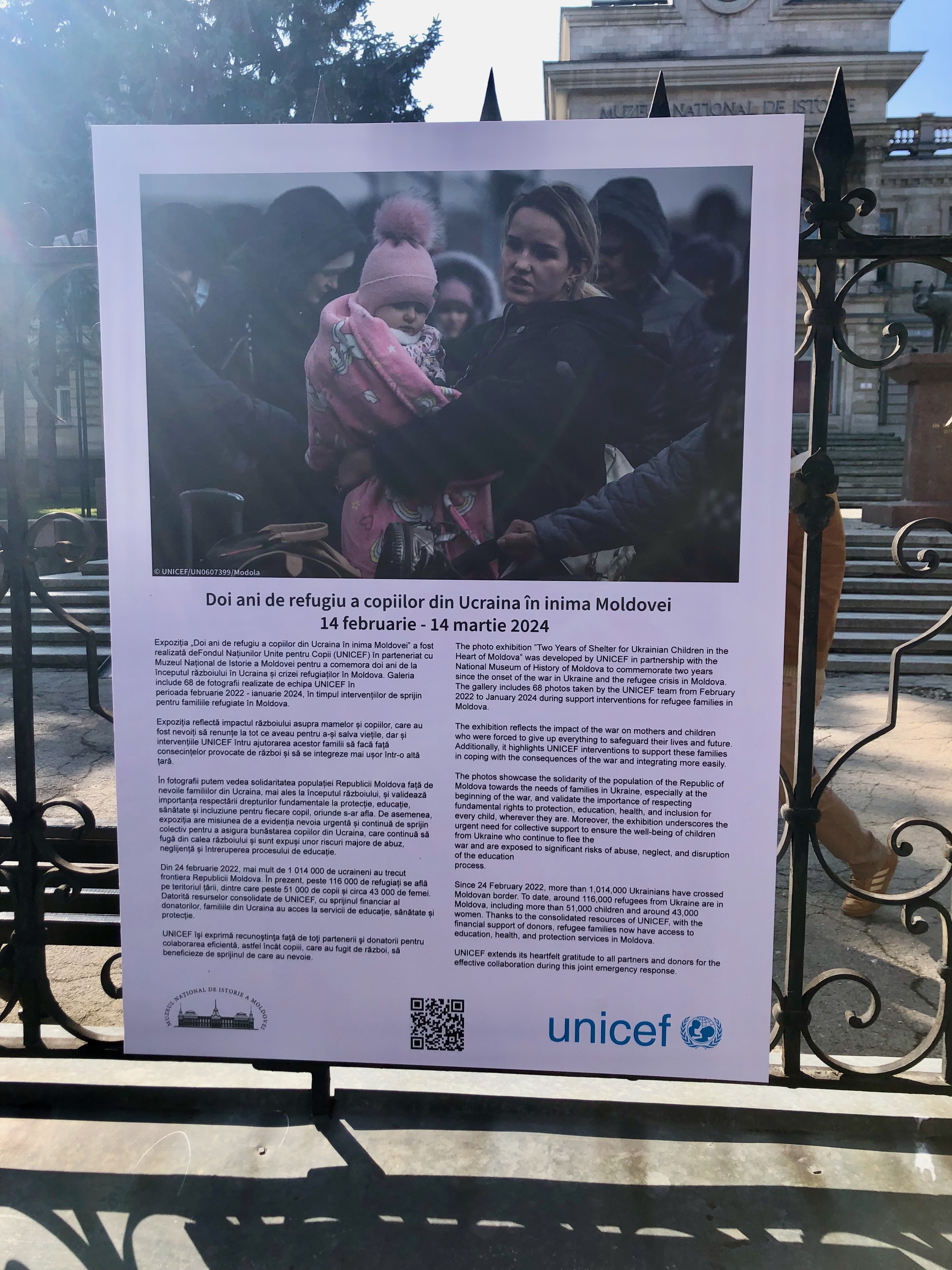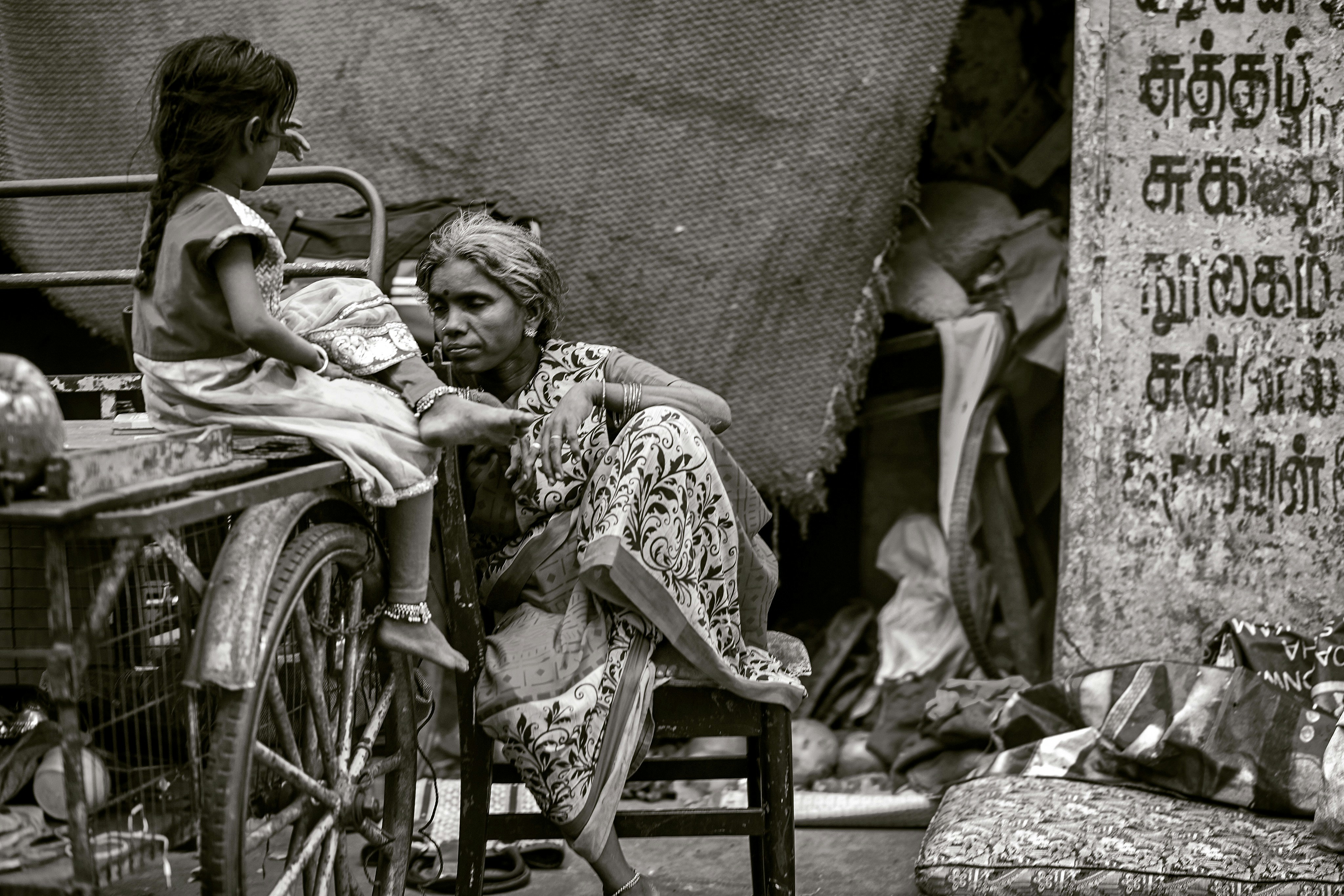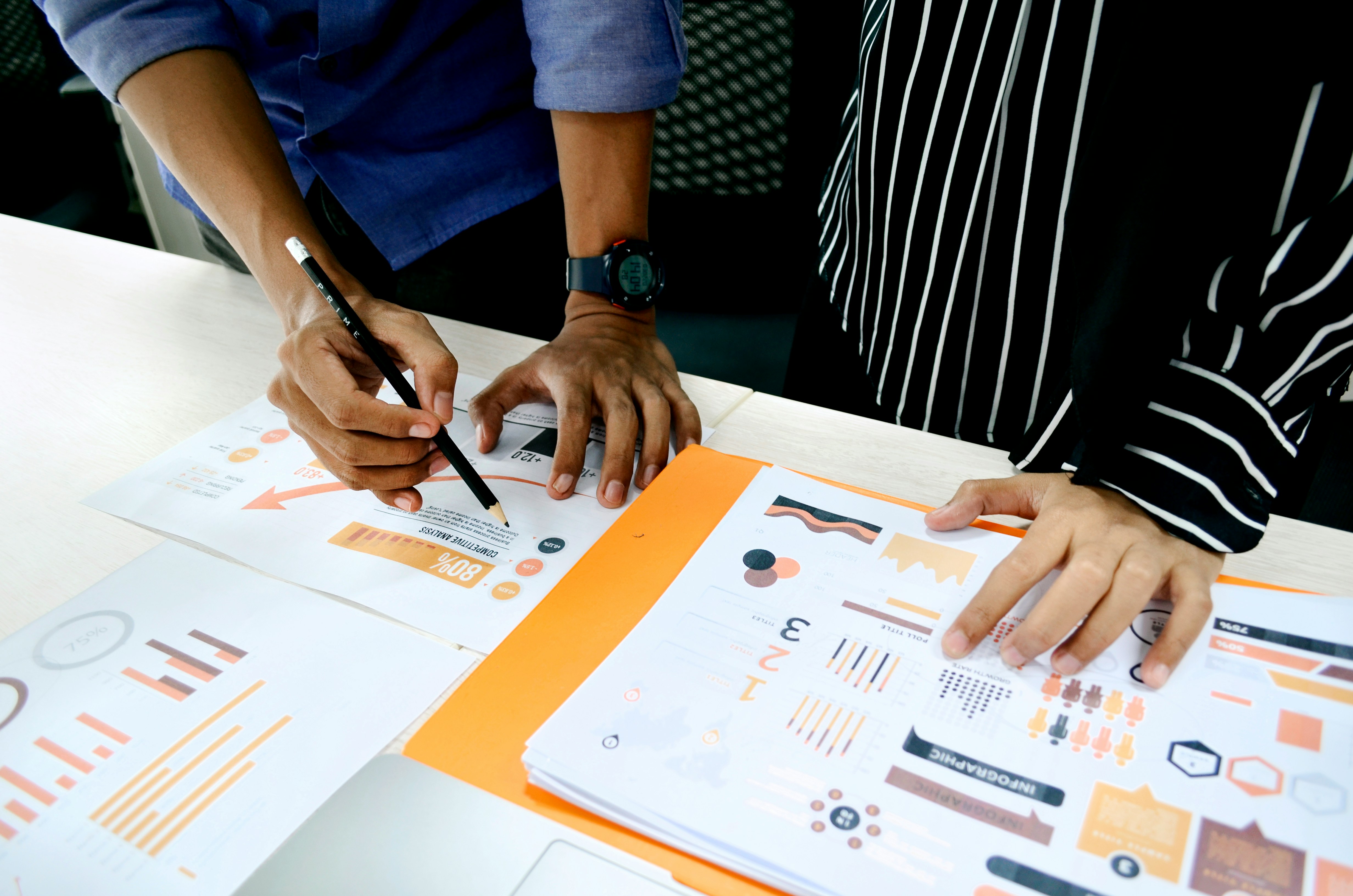
Field experiments of social influence and contagion with AI-assisted bots | Milena Tsvetkova | 2024-2025
How does AI influence human behaviour? This project aims to study social influence and contagion from autonomous artificial agents onto human users in realistic online settings. We will conduct field experiments in three different online communities to causally test the hypothesis that AI is less influential than humans if it lacks a convincing rationale but more effective if it conveys expertise and due diligence. The interventions will estimate and compare the effects of praising comments on Wikipedia, monetary donations on DonorsChoose, and symbolic awards on Reddit on users’ behaviour and success when the contributors are A) humans or B) bots who use either a) random, b) emotion-driven, or c) success-optimising strategies.
Read more

Moldova’s Bittersweet Moment: A Bottom-Up Perspective | Ellie Knott | 2024-2025
Since Russia’s full-scale invasion of Ukraine in February 2022, Moldova has existed on a new frontier with war to its east and the EU to its west. As well as being a new frontier of a new war, Moldova has its own history of tense relations with Russia, of Russia exerting a strong influence on Moldova, and of being exposed to hybrid threats from Russia. All of these tensions and uncertainties have been exacerbated since Russia’s full-scale invasion. Today, the risks are high, but so are potential opportunities for Moldova and its citizens.
On the one hand, this episode is one of the riskiest periods in Moldova’s history of independence. On the other hand, this is one of the most potentially rewarding and fruitful moments in Moldova’s history of independence. No longer is Moldova simply (or only) an impoverished periphery or problem for the EU. Instead, Moldova is increasing its strategic value, which the EU and EU member-states view as of high importance.
This project will zoom into how this moment is viewed from the perspective of ordinary citizens across Moldova's different ethnic and linguistic groups. Ordinary citizens are typically overlooked when scholars research these kinds of topics. But ordinary citizens' perspectives are critical for understanding the wider ramifications of Russia’s full-scale invasion and its ripple effects. Using focus groups, this project asks: how do Moldovan citizens and communities understand this moment of high risk and high reward? What concerns them? What inspires them? And how do these understandings vary (or not) across Moldova’s ethnic and linguistic communities and regions? This project has been awarded funding by the Folke Bernadotte Academy – Swedish agency for peace, security and development.
Read more

"Reputational Poverty Traps” and the Reproduction of Social Inequality in South Asia and the World | Eleanor Power | 2023-2027
Funded by a Leverhulme Research Leadership Award, this project assembles a diverse team including ethnographers, an experimentalist, and (eventually) a network modeller to undertake a cross-cultural study of the micro-dynamics of social inequality. We will examine how people’s identities and social position influence how they are perceived by others, and so how they consequently choose to act in the world. Working in three communities in South Asia and yet more across the globe, we will use a novel combination of ethnographic, experimental, and network methods to see if, and if so how, these dynamics result in a “reputational poverty trap” that reinforces social and economic inequality.
Read more

Survey Futures: Survey Data Collection Methods Collaboration | Patrick Sturgis | 2023-2026
The survey community is facing severe challenges in implementing surveys using pre-pandemic approaches. There are knowledge gaps regarding the advantages and disadvantages of different data collection techniques and innovative approaches such as push-to-web, knock-to-nudge and video interviewing, and particularly in the mixed-mode context. And there is limited capacity both of skilled interviewers and of research professionals. Recent developments are leading to changes in commissioner requirements for face-to-face data collection as well as having implications for fieldwork costs and the role of interviewers. In several areas of survey methodology, the need for development of fit-for-purpose methods and the need to identify and communicate best practice is urgent.
Survey Futures is a response to these challenges and aims to deliver a step change in approaches to collecting population survey data in the UK. It will do this primarily through a rigorous programme of research focused on ensuring large-scale social surveys in the UK can innovate and adapt in a changing environment and continue to deliver high quality and inclusive data for research and policy. Outputs will have a strong practical orientation, consisting of good practice guidance for survey design, survey implementation, survey commissioners and survey data users, all backed up by rigorous and well-documented research and with a range of associated activities to ensure that the lessons are disseminated to all relevant stakeholders and, where appropriate, embedded in institutional practice in a timely manner.
Survey Futures seeks to enable a whole community dialogue and collaborative response to these wider strategic challenges and issues, as well as incorporating a strong training and capacity building component. Survey Futures is funded by the UKRI-ESRC for a three-year period beginning in July 2023.
Read more

Children of the 1990s - Extending Understanding of Social Mobility in England and Wales | Patrick Sturgis | 2023-2025
Is modern Britain an open and fair society? Have the life-chances of children born in the late 1990s improved or deteriorated compared to their predecessors? How do characteristics of local areas such as industrial composition, school quality, and social capital relate to the life-chances of residents? It is questions such as these that we are concerned with in this research project.
We will use data from the recently completed 2021 census, linked to previous censuses back to 1971, in order to further our understanding of ‘social mobility' - the study of how people’s jobs and standards of living are shaped by the social and economic context of their upbringing. These are timely questions. Living standards in the United Kingdom have been declining, with stagnating productivity, declining real wages, and big increases in the cost of living. The question of how more recent generations are faring compared to their parents is therefore a very pertinent one. However, despite the frequency with which the topic is referred to by politicians and commentators, very little is actually known about the social mobility experiences of recent cohorts. This is primarily because the high-quality data that is required for the analysis of intergenerational social mobility has simply not been available until now. Filling this gap in the national evidence-base will be the key contribution of this research.
Our findings will provide important new evidence on intergenerational social mobility in England and Wales using a unique and newly available data source – the Office for National Statistics Longitudinal Study (ONS-LS) which links individuals across censuses between 1971 and 2021. The ONS-LS has several key benefits for studying social mobility, in particular its very large sample size, with over half a million people included at each successive decade. Its size and longevity will enable us to follow the lives of study members across successive generations from childhood to adulthood, comparing the occupations they end up in at different points in their lives to those of their parents’ decades earlier. We will use the ONS-LS to calculate social mobility rates, for the first time, for children born in the 1990s and compare them to earlier cohorts, ranging from the late 1950s to the late 1980s. In addition to tracking individuals over time at the national level, we will also examine how social mobility chances have varied across regions and local authorities and how geographic differences in mobility chances are related to the characteristics of the areas people live in. We will work hard to ensure that our findings are used to inform local and national policies to improve life-chances and reduce inequalities.
Read more

Studying social security in a (post) pandemic context | Kate Summers | 2022-2026
This project will develop qualitative methodological tools to investigate some of the most pressing issues relating to working-age social security benefits that have been exacerbated (or less often created) by the coronavirus pandemic.
The research programme is funded by the British Academy and motivated by two major, interrelated, challenges:
a) The policy challenges for the working-age social security system that have been revealed or exacerbated by the pandemic, with a particular focus on key groups, including: disabled claimants or those with a long-term health condition; and claimants balancing paid and unpaid work.
b) The methodological challenges for researchers brought about by physical and social distancing, and the wide-ranging socioeconomic aftereffects of the pandemic, with a particular focus on: the challenges of physical remoteness; lack of inclusive practices in existing methods; ongoing and increased time scarcity of some research participants; and the lack of participatory practices in existing methods.
Read more

IANUS: Inspiring and anchoring trust in science, research and innovation | George Gaskell | 2022-2025
The objective of the IANUS project is to strengthen warranted trust in science, research and innovation at a systemic level. This ambition is crucial against a backdrop in which knowledge societies are facing multiple global challenges, aggravated by a climate of distrust and an omnipresent erosion of trust in representative bodies and governmental organisations, in media and public information, but also in science, scientific expertise and innovation. The adopted acronym IANUS, is a tribute to the ancient deity Janus of arcades and gateways, looking both at the inside and at the outside of the knowledge production process. Trust in science and science-based innovation is never a given, nor should it be. A robust trust in science is well-placed, reciprocal and informed, while blind trust can be as harmful as unfounded distrust. Trust must be inspired by the transparency and trustworthiness of the knowledge production process, and anchored by actively involving and serving society, as part of the modus operandi.
Read more

Diversity and Productivity from Education to Work | Aliya Rao | 2022-2025
This ESRC-funded project will advance understanding of the barriers to creating a diverse workforce and provide new evidence on the benefits of diversity to business performance. The role of education as the ‘leaky pipeline’ will be considered, in which individuals from under-represented groups lose access to career opportunities, creating a substantial ‘lost potential’ of highly qualified individuals.
A multidisciplinary team will tackle the project’s questions using cutting edge qualitative and quantitative methods from several disciplinary perspectives. The team will work with businesses to design, test and implement the recommendations from its research, directly affecting practice and hence workplace diversity. This will allow for an immediate impact on improving the opportunities of under-represented groups, in addition to increasing diversity in a way that maximises the benefits to firms.
Read more

Contestations of citizenship in contexts of democratic backsliding: lessons from post-communist Europe (CITDEM) | Eleanor Knott | 2022 onwards
While post-Communist European countries have been the site of stalling democratization and rising backsliding, the consequences of backsliding on the evolution of citizenship regimes have remained largely unexplored. The collaborative CIVICA project on ‘Contestations of citizenship in contexts of democratic backsliding: lessons from post-communist Europe’ brings together EUI, LSE and CEU. Using case-studies and comparative research, we unpack how citizenship regimes change during periods of democratic upswings and downswings, and in particular when democratic governance becomes a façade veiling populist and authoritarian political objectives.
This project focuses on post-Communist Europe, as a site of recent state formation, democratization, and more recently democratic backsliding. But, in western Europe and North America, we are also observing the waning of democracy, rise of populism, and mounting concerns of political corruption and rule of law accompanied by threats to citizenship. Not only does the CITDEM project provide implications for studying the intersections of democracy and citizenship beyond post-Communist Europe, but it also holds potential to broaden collaboration to include, engage, and collaborate with scholars of western Europe, as another, albeit newer, site of democratic backsliding.
Read more

This project is a cross-cultural, comparative and longitudinal study of social and economic inequality, co-directed by Eleanor Power. Called by the acronym “ENDOW” (Economic Networks and the Dynamics Of Wealth [Inequality]) and funded by the US National Science Foundation, this project has enlisted anthropologists working in over thirty countries around the world to gather comparable social network data in over forty communities.
The ENDOW project is aimed at investigating the economic consequences of social network structure, both for individuals and for the larger communities they comprise. This is a fundamentally comparative project, as we expect that the variation we observe in the structure of social networks will help to explain some of the cross-cultural variation in wealth inequality. The unique data gathered by the ENDOW team members will allow for fruitful investigations into the social and economic dynamics of these communities.
Read more, including publications that have drawn upon ENDOW data